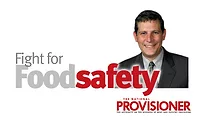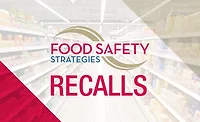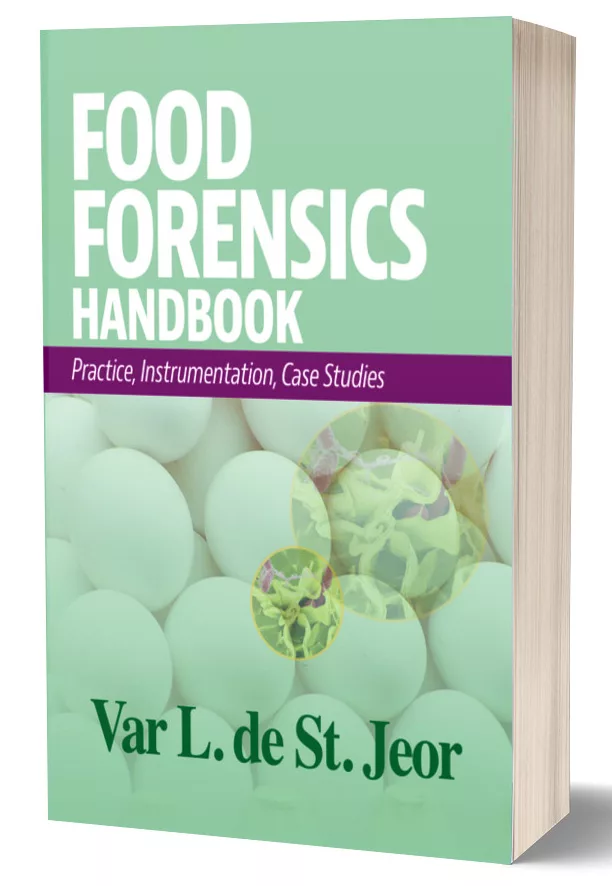Fight for Food Safety
Solving undeclared allergen issues

The processing industry is no stranger to food safety challenges. Whether triggered by pathogens, foreign materials or allergens, more and more companies are becoming embroiled in recalls. But almost without exception, the industry has successfully confronted and solved its greatest challenges.
E. coli O157:H7 is a prime example. Just 10 years ago, the beef industry experienced 22 recalls of ground beef triggered by E. coli concerns. Almost 35 million pounds of ground beef was removed from store shelves. This year, there have been only eight recalls involving 150,686 pounds of ground beef. This demonstrates incredible success in controlling this once seemingly unmanageable food safety risk.
When it comes to food allergens, however, the industry still has a lot of work to do. In 2007, there were only 14 recalls involving undeclared allergens in U.S. Food Safety and Inspection Service (FSIS)-regulated foods. This year, there have already been 60 recalls involving nearly 10 million pounds of product.
Most undeclared allergen recalls are caused by confusion surrounding the nature of the ingredients received from suppliers. In other words, a food company was told it was receiving one thing when it was, in fact, receiving another. Given the large number of ingredients used by most food companies, the opportunity for mistakes remains nearly endless. In turn, once those ingredients are received, the production and finished product labeling process offers even more opportunity for oversight or failure.
So, what is the solution? Given the steady increase in numbers of recalls for undeclared allergens, all food companies have an economic incentive to invest in better processes and interventions. More food manufacturers are partnering, for instance, with labeling companies and systems providers who also work with the pharmaceutical industry. Not long ago, the pharmaceutical industry struggled with similar labeling and ingredient control issues and designed robust solutions for those problems.
These solutions can be just as effective for the food industry. Rather than reinventing the wheel, many of the strategies employed to control for ingredients and reconcile finished product labels in the pharmaceutical industry can solve many of the food industry’s challenges.
Just as the industry rose to the challenge of E. coli O157:H7, the industry can also solve the challenge presented by undeclared allergens. With a strong commitment, recalls for undeclared allergens could be the exception rather than the rule 10 years from now. NP
This article was originally posted on www.provisioneronline.com.
Looking for quick answers on food safety topics?
Try Ask FSM, our new smart AI search tool.
Ask FSM →








